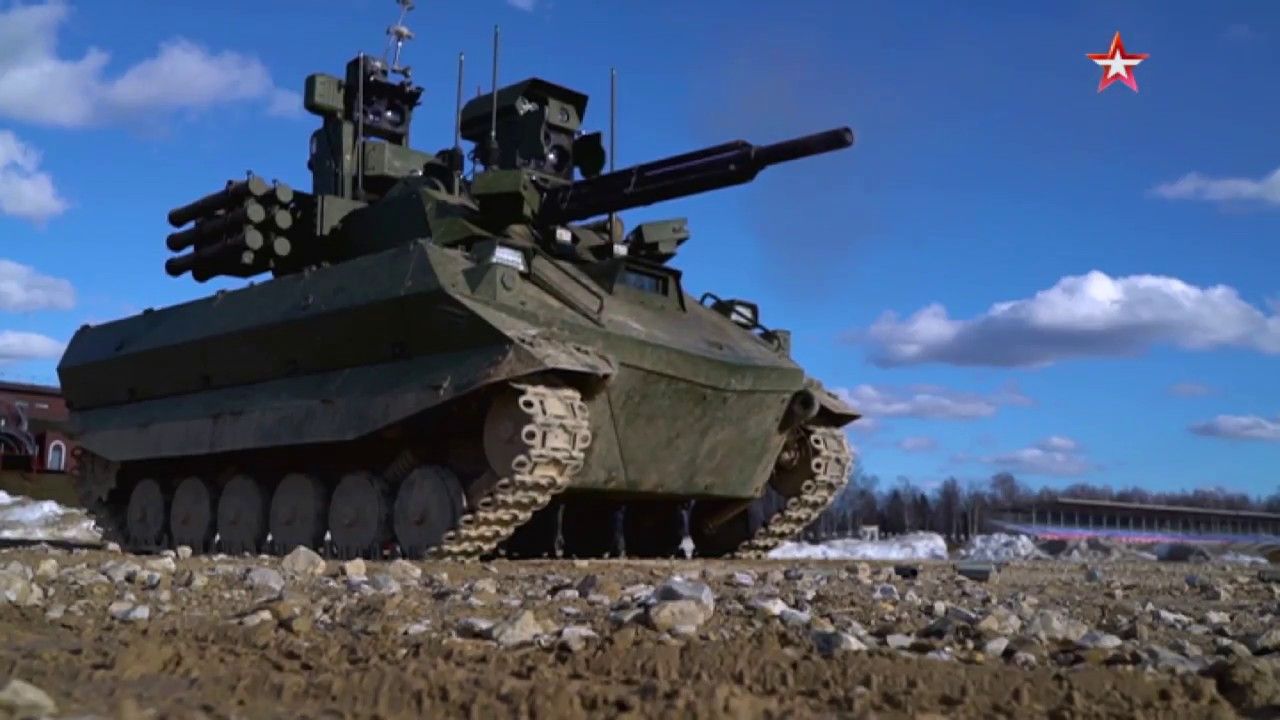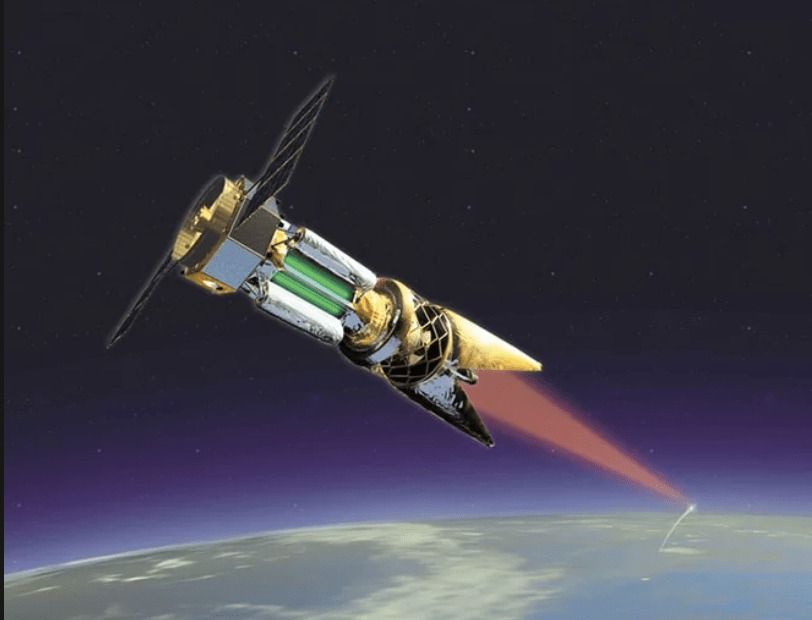Archive for the ‘military’ category: Page 223
Aug 29, 2018
Inside the United Nations’ effort to regulate autonomous killer robots
Posted by Derick Lee in categories: drones, Elon Musk, existential risks, law, military, robotics/AI

Amandeep Gill has a difficult job, though he won’t admit it himself. As chair of the United Nations’ Convention on Conventional Weapons (CCW) meetings on lethal autonomous weapons, he has the task of shepherding 125 member states through discussions on the thorny technical and ethical issue of “killer robots” — military robots that could theoretically engage targets independently. It’s a subject that has attracted a glaring media spotlight and pressure from NGOs like Campaign to Stop Killer Robots, which is backed by Tesla’s Elon Musk and Alphabet’s Mustafa Suleyman, to ban such machines outright.
Gill has to corral national delegations — diplomats, lawyers, and military personnel — as well as academics, AI entrepreneurs, industry associations, humanitarian organizations, and NGOs in order for member states to try to reach a consensus on this critical security issue.
Continue reading “Inside the United Nations’ effort to regulate autonomous killer robots” »
Aug 28, 2018
The drones that have become part of China’s military strategy
Posted by Derick Lee in categories: drones, military, robotics/AI
China’s PLA, or People’s Liberation Army, is actively trying to make advances in military robotics and unmanned systems. It now has a range of unmanned aerial vehicles, or drones, in use across its army, navy, air force and rocket force – the military’s strategic and tactical missiles unit. Here are some of them.
The PLA ground force has a number of UAVs that are primarily smaller, more tactical models and are often used for battlefield reconnaissance and targeting artillery fire to improve precision strikes. A significant proportion of these are part of a series produced by the Xian Aisheng Technology Group. The fixed-wing drones have a conventional design with a mid-wing configuration and are used to support the artillery.
The navy generally uses smaller, tactical drones but it also has a limited number of sophisticated reconnaissance UAVs, notably this medium-altitude, long-endurance model. Roughly comparable to the US Global Hawk, it has a maximum range of 2,400km and a maximum endurance of 40 hours. It has been operating in the vicinity of the East China Sea since at least 2013 and there were also reports in 2016 that it had been deployed to Woody Island in the South China Sea – both disputed territories.
Continue reading “The drones that have become part of China’s military strategy” »
Aug 27, 2018
Singapore hit by ‘most serious’ cyberattack, resulting in theft of health data of 1.5 million people – including the prime minister
Posted by Genevieve Klien in categories: biotech/medical, cybercrime/malcode, government, health, military
Wealthy Singapore is hyper-connected and on a drive to digitise government records and essential services, including medical records which public hospitals and clinics can share via a centralised database.
But authorities have put the brakes on these plans while they investigate the cyberattack. A former judge will head a committee looking into the incident.
While the city state has some of the most advanced military weaponry in the region, the government says it fends off thousands of cyberattacks every day and has long warned of breaches by actors as varied as high-school students in their basements to nation states.
Aug 27, 2018
Artificial Intelligence Is Now a Pentagon Priority. Will Silicon Valley Help?
Posted by Derick Lee in categories: military, robotics/AI
Nonetheless, the Pentagon appears to be pushing ahead on its own, looking for ways to strengthen its ties with A.I. researchers, particularly in Silicon Valley, where there is considerable wariness about working with the military and intelligence agencies.
The Defense Department, believing that A.I. research should be a national priority, has called on the White House to “inspire a whole of country effort.”
Aug 26, 2018
Warfare, rap & shaking hands with Putin: Meet the Russian robots’ futuristic advances
Posted by Derick Lee in categories: drones, military, robotics/AI

https://youtube.com/watch?v=hiwBXXUPWE0
Russian engineers this week unveiled the first undersea drone armed with a rifle. The robot is the latest in a line of Russian-made machines conquering battlefields, surgeries, and even the entertainment industry.
With robots set to play an increasingly significant role in our world, engineers from across the globe are developing new types of machines to automate everything from warfare to healthcare. Russia is no exception and is leading the development of robotic systems in some fields.
Aug 26, 2018
The Pentagon Wants AI to Take Over the Scientific Process
Posted by Bill Kemp in categories: economics, military, robotics/AI
The Pentagon’s research arm is looking for teams to build an artificial intelligence tool that can automatically generate, test and refine its own scientific hypotheses.
By essentially automating steps of the scientific process, the tool would let top decision-makers take discoveries from the lab and rapidly apply them to the real world, according to the Defense Advanced Research Projects Agency.
“Automation of model-based inference procedures could increase the speed and accuracy with which these models can be used to address key questions of national security by orders of magnitude,” officials wrote in a request for information published Aug. 17. They said the system could be used to verify the results of scientific studies and monitor “fragile economic, political, social or environmental” events.
Continue reading “The Pentagon Wants AI to Take Over the Scientific Process” »
Aug 18, 2018
President Trump directs Defense Department to ‘immediately begin the process’ of establishing ’space force‘ as sixth military branch
Posted by Mary Jain in categories: military, space
Based on posts I’ve seen from techies, militarizing space is a total fail. However, space is already militarized — Nothing goes into air space without Air Force approval… ANY organization developed to “regulate” Space has the potential for corruption whether that be collaborative, international entities which always panders to herd think, or stale governmental organizations. I’m undecided on this.
The White House, Air Force and Defense Secretary James Mattis had disapproved of creating a sixth branch of the military last year.
Aug 18, 2018
India’s quest to find a trillion-dollar nuclear fuel on the Moon
Posted by Klaus Baldauf in categories: Elon Musk, government, military, robotics/AI, space travel
“The countries which have the capacity to bring that source from the moon to Earth will dictate the process,” said K Sivan, chairman of the Indian Space Research Organisation (ISRO). “I don’t want to be just a part of them, I want to lead them.”
The mission would solidify India’s place among the fleet of explorers racing to the moon, Mars and beyond for scientific, commercial or military gains. The governments of the US, China, India, Japan and Russia are competing with startups and billionaires Elon Musk, Jeff Bezos and Richard Branson to launch satellites, robotic landers, astronauts and tourists into the cosmos.
The rover landing is one step in an envisioned series for ISRO that includes putting a space station in orbit and, potentially, an Indian crew on the moon. The government has yet to set a timeframe.
Continue reading “India’s quest to find a trillion-dollar nuclear fuel on the Moon” »
Aug 16, 2018
US targets a megawatt laser by 2023 and then deployment in drones and satellites for hypersonic and ICBM defense
Posted by Klaus Baldauf in categories: drones, government, military, satellites
The US Congress wants the Missile Defense Agency (MDA) to rapidly develop and demonstrate a boost-phase ICBM (and hypersonic weapon) intercept capability as soon as practicable.
Space-based laser weapons technology is one of the options.















